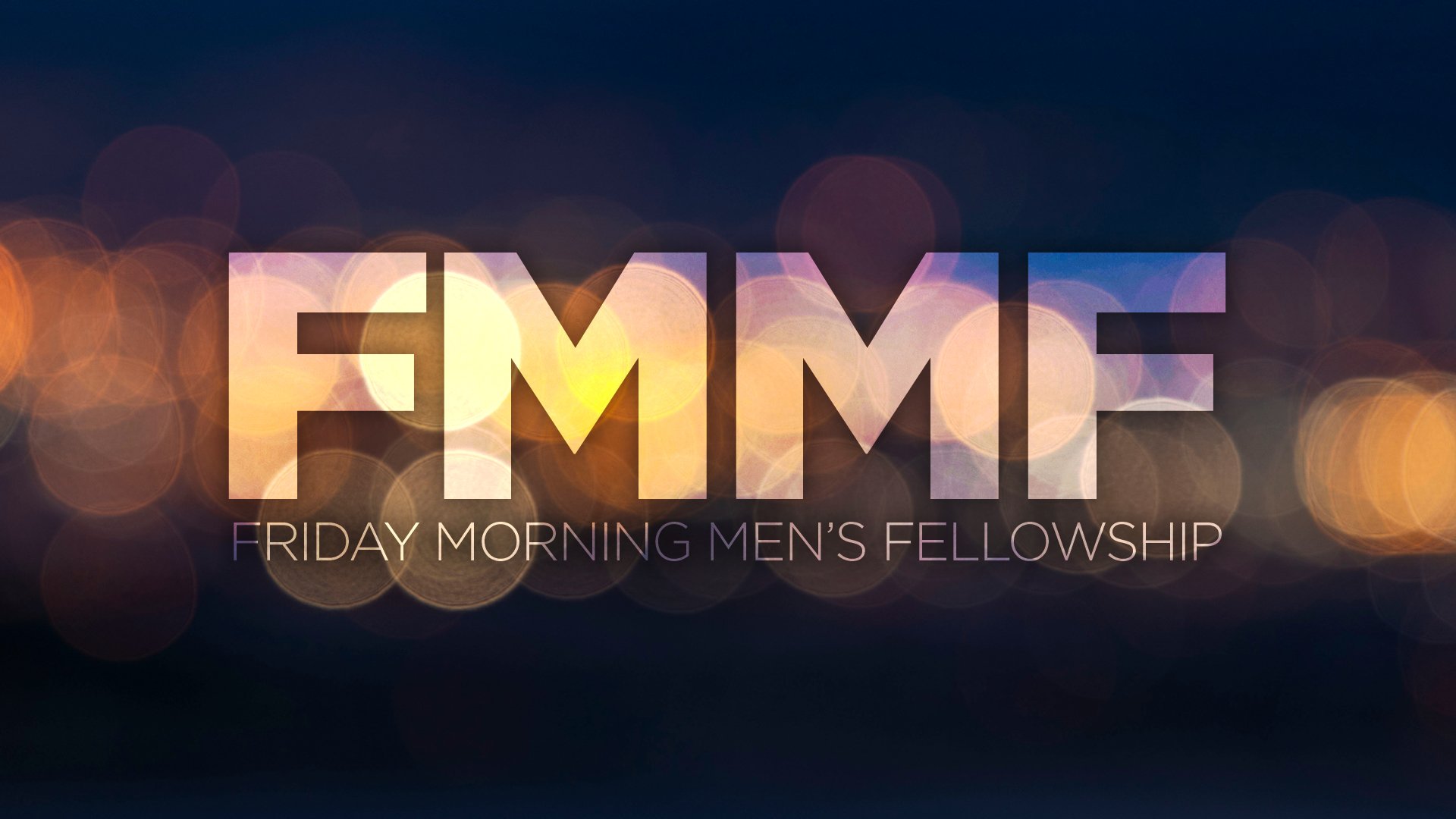
ABOUT THE SPEAKER
With more than 20 years of combined law enforcement, ministry, and executive leadership experience, Ryan Dunlap is an internationally recognized conflict management coach and educator.
He is a Certified Leadership Coach as well as the founder and Chief Conflict Officer at Conflictish, a conflict strategy firm dedicated to helping leaders improve how they lead themselves and others through conflict. He is the creator of The Real Tact Model®, a custom framework for developing conflict competency, a framework he has beent trusted to share withf leaders from organizations such as Chic-fil-A, Lodge Cast Iron, and Yale’s prestigious Berkley Seminary.
Ryan is a former SVU Detective, SWAT Hostage Negotiator, and Crisis Intervention Officer who has facilitated hundreds of high-stakes interviews, interrogations, and negotiations. As a Certified DCJS Instructor and Field Training Officer, Ryan has developed and facilitated training and development programs for hundreds of law enforcement personnel.
Psychologists examined how people think, decide and take action. The result was a theory that “thinking is in itself not pure, but prone to error.” This is true of all people, resulting in everyone falling into the same cognitive errors.
Blink is a book about how we think without thinking, about choices that seem to be made in an instant-in the blink of an eye-that actually aren't as simple as they seem.
We’re overconfident. We seek out information that supports us and downplay information that doesn’t. We get distracted by short-term emotions. When it comes to making choices, it seems, our brains are flawed instruments.
What is it that makes some of us better—or worse—than others at committing to a choice? What are the forces that hold us back, and how can we successfully overcome them? Every facet of our lives depends on the decisions we make.
What if there was a better way to make quality decisions so you can think clearly, feel more confident, second-guess yourself less, and ultimately be more decisive and be more productive Making good decisions doesn't have to be guesswork.










Dr. Steve Franklin